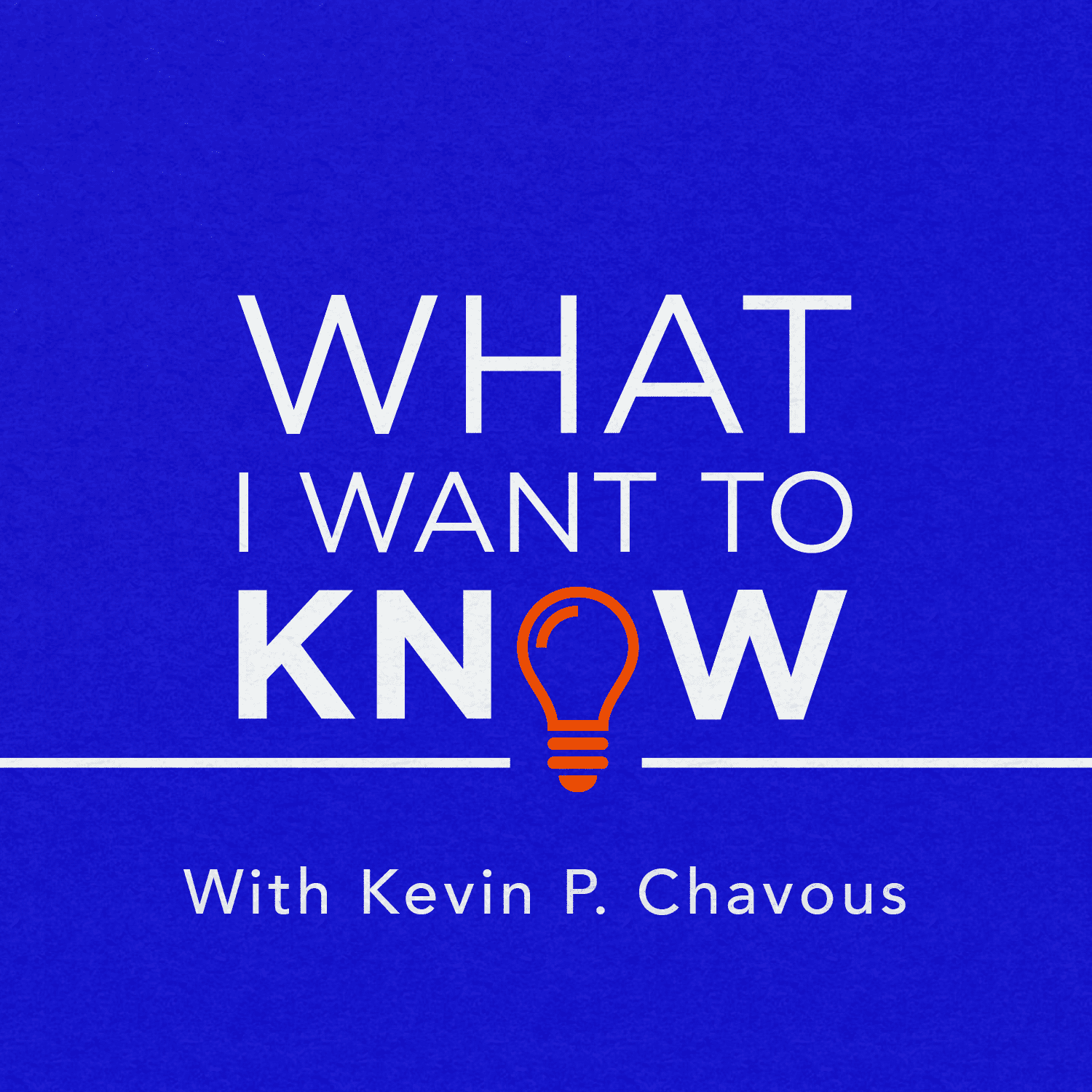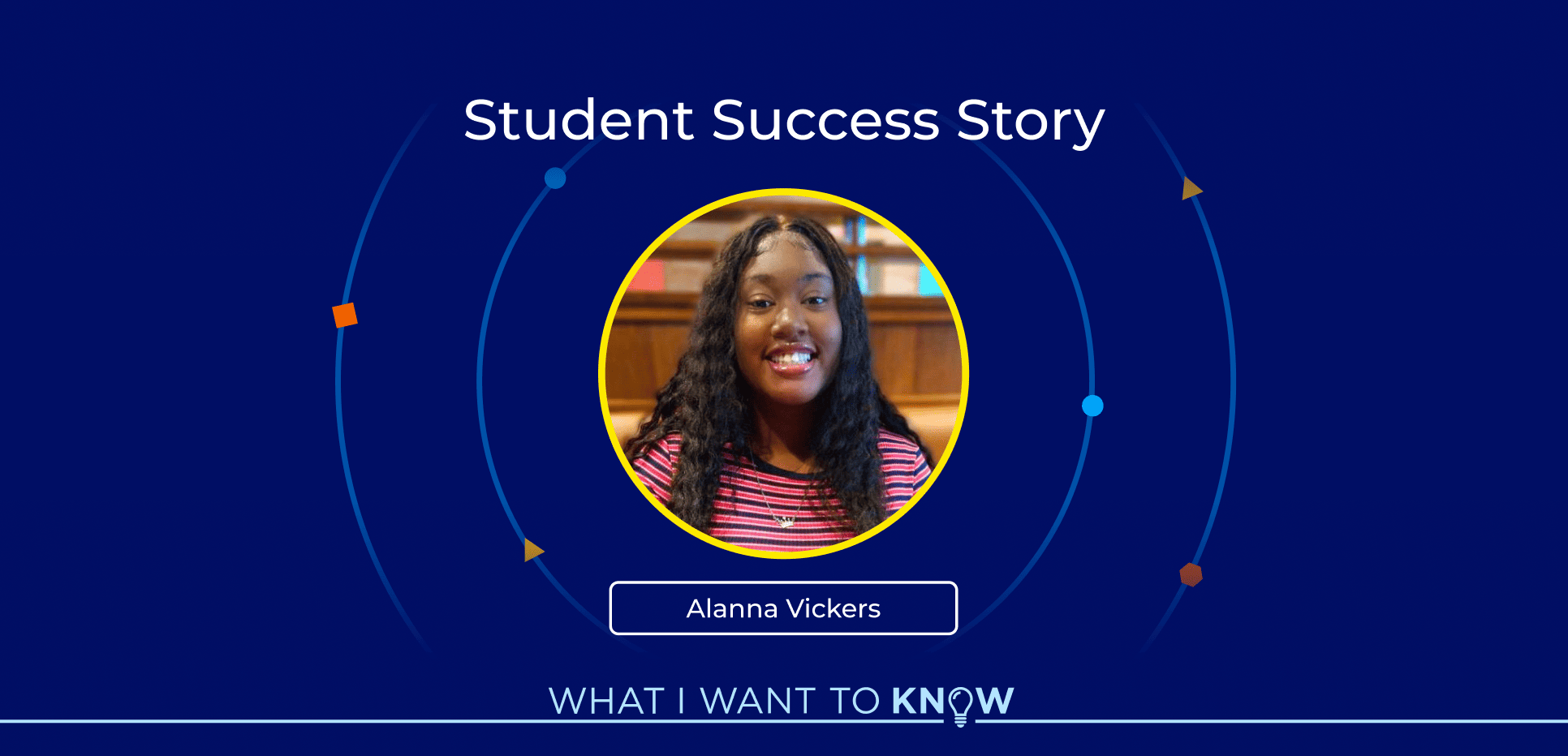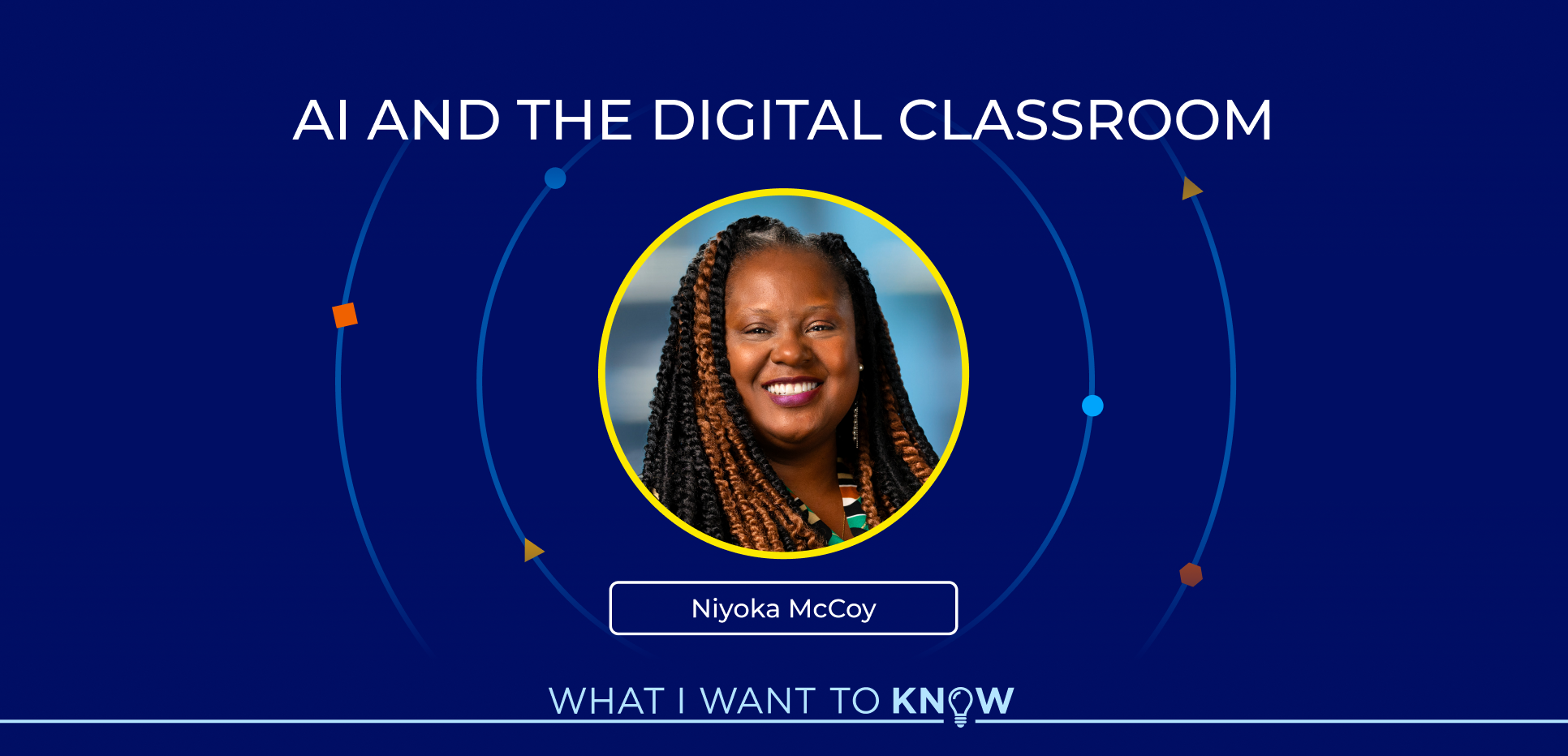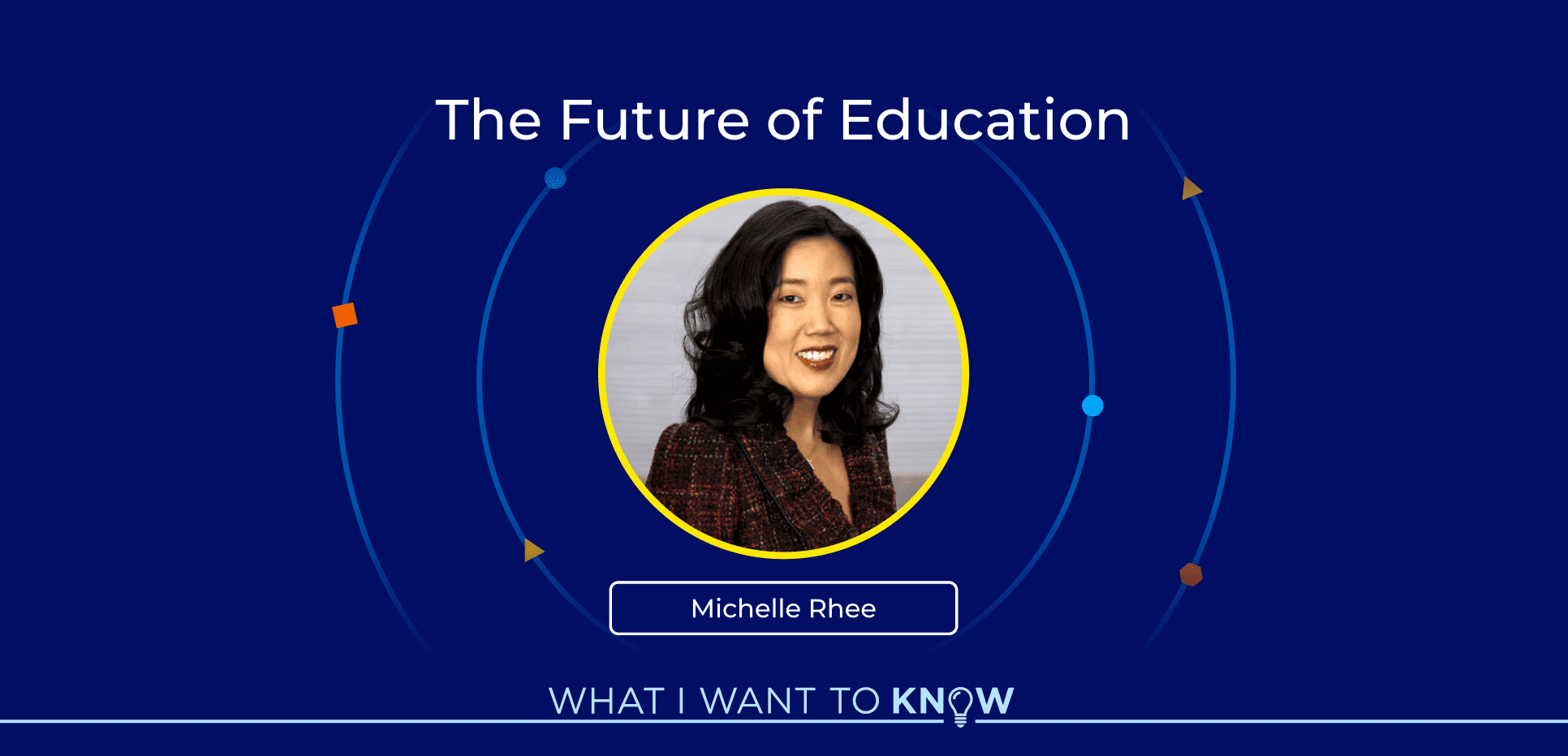According to the Brookings Institution, Black boys in American K–12 schools are more likely than their white peers to be suspended from school or interact with the criminal justice system. Additionally, they’re less likely to be enrolled in gifted and talented programs or have teachers who set high expectations for them.
How can we empower Black boys to embrace a true narrative of who they are and what they can accomplish? How can schools create an equitable environment for Black boys to thrive and be kept accountable through the process? And how can professional development help teachers identify and correct blind spots?
In this episode, Kevin discusses how Black boys today can create a better narrative for themselves and the role educators can play in that process, with the CEO of Never Whisper Justice, Jon-Thomas Royston.
Listen to the Full Audio
Listen on: Apple Podcast, Spotify
Transcript
Kevin: According to the Brookings Institution, Black boys in American K through 12 schools are more likely than their white peers to be suspended from school or interact with the criminal justice system. Additionally, they’re less likely to be enrolled in gifted and talented programs or have teachers who set for them high expectations.
How can we empower Black boys to embrace a narrative that is true to who they are and what they can accomplish? How can schools create an equitable environment for Black boys to thrive and be kept accountable through the process? And how can professional development help teachers identify and correct blind spots?
Kevin: This is What I Want to Know. And today I’m joined by Jon-Thomas Royston to find out. Jon-Thomas Royston is the CEO of Never Whisper Justice, a documentary film company focused on societal issues. After working in business marketing, he transitioned to a career where he could intersect his passion for social justice with his creative talent.
As a filmmaker, his company’s first documentary, Black Boys, was released in 2020, receiving widespread critical acclaim. He joins us to discuss how Black boys today can create a better narrative for themselves, and the role educators can play in that process. Jon-Thomas, welcome to the show.
Jon-Thomas: Glad to be here. Thank you for having me.
Kevin: So much I want to unpack. For those who don’t know, you and your collaborators really dove deeply into the documentary film world, where you merge sort of societal issues with creativity. There’s a splash of education, and it’s pretty amazing. Your documentary, Black Boys, received widespread acclaim.
We’re going to talk about that. And then your new documentary, Black Girls. But as you know, I want to focus on some of the things that you discovered when you were doing Black Boys, particularly as it relates to the education system. But before we get into that, I want to unpack your childhood, because oftentimes one’s ultimate career path is often dictated by their childhood and those experiences.
So, talk a little bit about what led you to this point where you were really digging deep on some of these societal issues, and you actually started out in business marketing, but there’s a whole package associated with your development that I just would like you to talk about.
Jon-Thomas: Yeah, of course. As far as a little bit about me, I grew up as a military brat. I was born in Texas. I moved to Germany, Hawaii, and grew up mostly in the California area. And as you mentioned, I really thought that I wanted to pursue a degree or pursue a career rather in marketing; I wanted to do almost the Mad Men of the West Coast type of thing, so to speak. And there was a lot of amazing work that we were doing.
I was on specifically with a boutique data center marketing agency. But I was also kind of feeling this craving for more service-oriented work and then also more craving for just being on the creative side. I was more on the accounts and data side, and so just really wanted to invest more in those passions. And so that ultimately led me to one, investing more time in my community, beginning with this organization called Peace For Kids.
They specialize in providing resources for foster youth, specifically within the Compton area. With that being said, my firm at the time sent me to Albuquerque, New Mexico, of all places, where I was sent to give an intimate speaking engagement. I believe it was on email marketing and online advertising, just pretty run-of-the-mill stuff.
But while I was there, there was this woman who was speaking about her previous film that she had produced and directed that centered on modern-day school segregation and how it was picked up by Ava DuVernay and syndicated through Netflix, and how she was working on a companion piece, or she was working on her second film that specifically really dove into the experiences of young Black men in America at the intersection of sports, mass incarceration and education.
And I looked at her, and I said, “Wow, you are doing way cooler stuff than I’m doing. We should have a conversation.” And ultimately that was Sonia Lowman, the director of the film that we worked on together, Black Boys. And we were able to put together a team of educators, activists, filmmakers, and really were able to create something beautiful from that.
Kevin: And in that regard, when we talk about Never Whisper Justice, how did that idea come to fruition? It was clear you wanted to help play a role with the Black Boys development, but that could have been a one-off. But once you made that decision, it was clear you were really ready to keep it going.
Jon-Thomas: Yes. I felt like this experience, specifically when it came to having an understanding of my identity, was something that I had always craved even just consistently. A little bit about me: I went to a school that was predominantly white in Santa Barbara. It was a classical Christian education, and we actually had to — it was a private school as well — and we had to create a kind of senior thesis project.
And ultimately, I wanted mine to be specifically about my history as a Black man. Although we didn’t have any classes for me to be able to experience that, I decided to go to the neighboring public school, Santa Barbara High School. And there was this amazing teacher who had a class specifically on African American studies.
And I remember just taking additional time just to sit in that classroom. And I felt like not until very recently did I realize the impact that, and Mr. Jackson was his name, that Mr. Jackson had on my life. But I feel like just that hunger and that craving is something that kind of planted a seed.
Kevin: What was revealing to you, and keep in mind you’re working on a project to help reveal information to other people, but I’m sure while you’re in the midst of shaping it with the director and the production team, you must have discovered some things that opened your eyes.
Jon-Thomas: A hundred percent. One concept that we covered in the film Black Boys that I felt was very illuminating for me was the concept of mirrors and windows. Specifically when we think of white students, oftentimes they have these mirrors of their successes or they’re seeing their identity depicted, whether it’s in the walls, on the walls, or within books, within literature. And ultimately, it’s being able to give them a positive frame in which to see the trajectory of their lives.
Whereas specifically, a lot of younger Black boys, they see, they get these windows into a world or a society that may or may not affirm their identity positively. I feel like for the majority of Black boys, their first introduction to their identity is through the lens of slavery, actually. And so I feel like we have to think through as teachers, as educators, as filmmakers, as thought leaders: How can we change that?
Kevin: What about this idea of things we already know and how it came to life in the film. The way Black Boys are disproportionately labeled, treated differently — you talked about mirrors and windows, but not having high expectations placed on them. What are your responses to things we already know that you showcase, and how could we improve on those?
Jon-Thomas: When it comes to the ways in which people, whether people are watching this and they do identify with the Black experience or whether they are looking to become allies, I feel like we all have blind spots. We all have these things that we think that we know or that we’ve maybe reinforced within ourselves, but ultimately I feel like there’s always more richness for us to delve into.
And I feel like that’s also something that happens most times within community, within difficult conversations. And so, what I would champion is when looking at these experiences, whether it’s through a film or through a curriculum or through a book, there are elements of tension that we really need to lean into.
And what sometimes we want to do in life is we want to move away from that tension. I feel like these conversations really move towards that and kind of open it up to know that, okay, there is more than what I think that I know. And also, if I do feel like I’ve covered something sufficiently, what does it mean for me to have a kind of voracious hunger to learn more? Right?
Kevin: Yeah. Let me ask you about two things you mentioned. One is I want to dig a little deeper on blind spots, and what are some of the blind spots that we should be on the lookout for and how we deal with them. But the other thing you mentioned was allies. And you talk about allyship, and I’d like to have you illuminate those two phrases because I do think that that was one of the big takeaways from the film when you really start to analyze this impact.
Jon-Thomas: Yes. So beginning with blind spots, specifically when we look at the percentages of teachers, specifically within our schools, we’re looking at majority white women. Right?
Kevin: Over 80%, over 80% white women.
Jon-Thomas: Thank you. I knew you would have.
Kevin: Yeah.
Jon-Thomas: I knew you would have that.
Kevin: Yeah.
Jon-Thomas: Over 80% white women. And so, I feel like inherently there is an opportunity for more cultural understanding. Right? And I feel like in order to be able to kind of bridge that gap of opportunity, there have to be pathways and conversations that align for that. And so, when we look at the ways in which Black individuals have been portrayed through media for decades on end, it hasn’t always been positive.
I think that we’ve had an overindulgence of slave movies; we’ve had very negative depictions in regard to Black men being violent. But I think that what we do within the film well is we really work to have an asset frame in the ways in which we position our Black boys and men. We open up the film specifically with Greg Scruggs and his son Koven in bed reading to one another.
Kevin: Yeah.
Jon-Thomas: And that’s something that shouldn’t be radical, but I can’t tell you how many times I’ve seen that in other films, period. And so, I think that when it comes to — we’re speaking to our teachers who are predominantly white — there is a certain amount of stimulus and information that they’ve absorbed through media and through culture that might have stuck with them and may have created gaps to their understanding of how it is they can relate to their young Black boys. Right?
I think that what we’re really positing within a lot of our work is pause and interrogate. You know what I mean? Where is this coming from? Because oftentimes these 3-year-olds, these 4-year-olds, these young Black boys who are being expelled at disproportionately high rates; they are innocent. It’s usually what’s being brought to the classroom. You know what I mean? And what’s being projected onto them.
Kevin: And we should not, clearly should not be leading away as we have seen in many places, 4-and 5-year-old Black boys in handcuffs and put them in the back of police cruisers. I mean, and it’s clear that that is another disproportionate reality that we see with the number of Black boys. But anyway, you were going to talk about allyship as well.
Jon-Thomas: Yes, sir. It’s one question that I receive about the film oftentimes: What do I want people to get from it? And usually, my follow-up is really discerning who the audience is that I’m speaking to. And so I feel like when it comes to people who are Black, and when it comes to Black boys in particular, we’re very much aware of our humanity.
And so, I feel like what I would love to see the response to or what they’re getting from it is these are beautiful depictions of our humanity that need to be championed more. You know what I mean? This is the richness of understanding and love and experience and joy and abundance that we should be able to feel deserving of every single day and feel like is depicted in a way that doesn’t seem novel whenever we see it. Right?
So that’s what I feel like for Black boys or Black-identifying individuals. And then, when it comes to anyone else who might be in that kind of bucket of allyship, I feel like what these Black boys and men talk about are the ways in which to love them. They’re providing the roadmap; they’re providing the pathway forward.
And so, when thinking through allyship, choosing to find love or understanding in the other also increases your capacity for love for yourself. And I feel like that’s something that is incredibly mutual that doesn’t get talked about enough. I think that when we think about commitments to racial equity, and we think about a lot of these commitments that have happened post the murder of George Floyd, oftentimes they’re coming from this place of guilt.
They’re coming from this place of, “Oh wow, well, there hasn’t been something that’s been done in the past. We need to do something now.” Feels reactionary. And it also feels like it’s coming from a place of philanthropic effort, not mutuality. And I think that when it comes to the concept of racism or bias, it’s not just hurting the Black community, and it’s not a Black issue. And I feel like that’s something that I really want to drive forward because I feel like it is also hurting the same people who are perpetuating it on a daily basis.
Kevin: So what about this notion of curriculum and what educators can do? We’ve worked together on some inclusive curriculum; talk about the importance of curriculum as it relates to Black Boys and even to some extent, Black Girls, which is your new project I’ll ask you about shortly. But you have settled in on this idea of expanding the conversation that you started with Black Boys and putting together a curriculum that doesn’t dictate how kids are supposed to think, but recognizes the value of inclusion when you’re talking about these academic issues.
Jon-Thomas: Yes. Once again, I really want to lean into this conversation of mutuality. I feel like those who are interested in book bans or are uninterested in bringing up concepts like slavery in the classroom — I feel like that’s coming from a place of fear in a lot of ways. And I also feel like I do receive the question oftentimes: Why Black stories? We had our first film, Black Boys; we have our upcoming film, Black Girls.
And the reason why on Black stories is because even when we were considered three-fifths of a person, we still found ways to make ourselves whole. And I feel like if that was able to be done within our community, what can that do for other people by knowing and championing our stories? And I feel like that is something that has the ability to resonate widely, and it’s ultimately going to be resonant well past just the Black experience and just the Black community.
And I think that it all starts with our youth. And so, when we’re thinking through the lens of film and curriculum and specifically within the concepts of how it’s being distributed, we are really wanting to break this kind of siloed thought process of “education looks and feels one way.” The last thing I’ll say is over the last three years we’ve experienced a lot collectively.
We’ve had a racial reckoning; we lived through a pandemic; we lived through the great resignation, and now we’re in the place of mass firings, great consolidation. Right? And I feel like the way in which people are choosing to consume education and understanding and learning is much different.
We have to create something that’s really geared towards the modern learner. And I feel like this curriculum does that, breaking down the film into episodes and modules and wrapping it down in a way in which these students or teachers can experience it together, and it doesn’t feel like lecture. It feels like conversation.
Kevin: Yeah. I love the expression “modern learner.” And when you think about teachers, and as we said, most of the teachers happen to be white women, and a lot of them do a really good job trying to expand beyond themselves. But one of the things that helps all teachers, irrespective of race or background, is this idea of professional development.
And when you talk about the modern learner and how teachers need to adapt, I believe that we need to spend more time and give more attention to the notion of professional development. It can’t be the professional development that teachers were accustomed to receiving 10, 15, 20 years ago.
And many school districts still employ some of those same professional development approaches. Talk a little bit about professional development as it relates to this inclusion issue and the mutuality associated with that. I love that reference, but in order for schools, I think, to really meet kids where they are, this is another area that needs some improvement.
Jon-Thomas: Teachers have a hard job. That’s incredibly known and understood, I feel like, widely, whether it’s from a perspective of payment or whether it’s from a perspective of accountability. And I feel like what we wanted to think through in the thought process of how to progress these conversations effectively is resourcing and support. You can’t challenge without support.
And I feel like what this curriculum does in particular is it provides a pathway to conversations that don’t have to be individually championed by the teachers themselves. Right? And it also allows for the students to be able to, in a, I would say in a conversational manner, be able to interrogate their individual identities and provide that to the teachers, which deepens the relationship and creates a more expansive environment for learning.
But what I’d like to kind of posit as an alternative is: so this is a shared opportunity for us to lighten the load. And this is something that I feel like is going to be able to also increase the amount of sustainability and retention associated to the work because it’s almost like you have a co-teacher in the room as well.
It’s almost like you have that other level of support where their position, the positioning of the film, is having this nuanced understanding with enriched curriculum that you can then point to versus having to be the sole distributor of information. And I think that that’s something that really has a powerful impact as well.
Kevin: Well, and I’m sure it will. So JT, this is my last question. This is what I really want to know. And it’s going to call for a little bit of role playing. Assume I am a superintendent, a white superintendent in a mid-sized school district, and I happened to see Black Boys and heard about the curriculum, took a look at the curriculum. And you know what? I like it. And I think my students in my school district will benefit from it. Arm me with some of the words I should use in addressing my school board as to the utility of the Black Boys curriculum and movie.
Jon-Thomas: In watching Black Boys, the reason why I feel like there’s an interest in bringing the curriculum or the film to your school district is because something spoke to you, whether it was an individual scene, whether it was an individual voice. And the thing is, it wasn’t just that individual voice. It was something that was specific to your individual and personal narrative.
And what is going to move the needle internally is your ability to find that, vocalize that, champion that, appreciate and center that. And then also really ask leadership: What are the stories that they own that they are not telling? What are the ways in which bringing this curriculum and this film to your district, what are the ways in which it can provide an impact that isn’t currently seen?
And also, I feel like there needs to be a sense of urgency as well. How are we looking at the environment in which our young Black boys are growing up right now? What it is that they’re seeing on TV; what it is that they’re hearing from their parents on the news, and how is it that we’re creating a safe environment for them to still grow and thrive and be able to have their genius cultivated and appreciated?
And I feel like being able to share those personal stories, that’s what’s going to resonate. And I feel like that’ll be much more impactful than anything that I could ever tell you, because you own that. And I feel like that’s also, the people that you’re in the room with, they’re going to see that; they’re going to feel that. And I would imagine you are in that room for a reason.
Kevin: I tell you what, JT, you’re doing amazing work. And I think that for the country, we need to have more listeners who are able to process what they are receiving and then share it in a way that you’re sharing it. So I really appreciate you joining us, JT Royston, on What I Want To Know.
Jon-Thomas: Thank you so much for having me.
Kevin: Thanks for listening to What I Want To Know. Be sure to follow and subscribe to the show on Apple Podcasts, Spotify, or your favorite podcast app so you can explore other episodes and dive into our discussions on the future of education. And write a review of the show.
I also encourage you to join the conversation and let me know what you want to know, using #WIWTK on social media. That’s #WIWTK. For more information on Stride and online education, visit stridelearning.com. I’m your host, Kevin P. Chavous. Thank you for joining What I Want To Know.
Meet Jon-Thomas
Jon-Thomas Royston is the CEO of Never Whisper Justice, a documentary film company focused on societal issues. After working in business marketing, he transitioned to a career where he could intersect his passion for social justice with his creative talent. As a filmmaker, his company’s first documentary, Black Boys, was released in 2020, receiving widespread critical acclaim.






